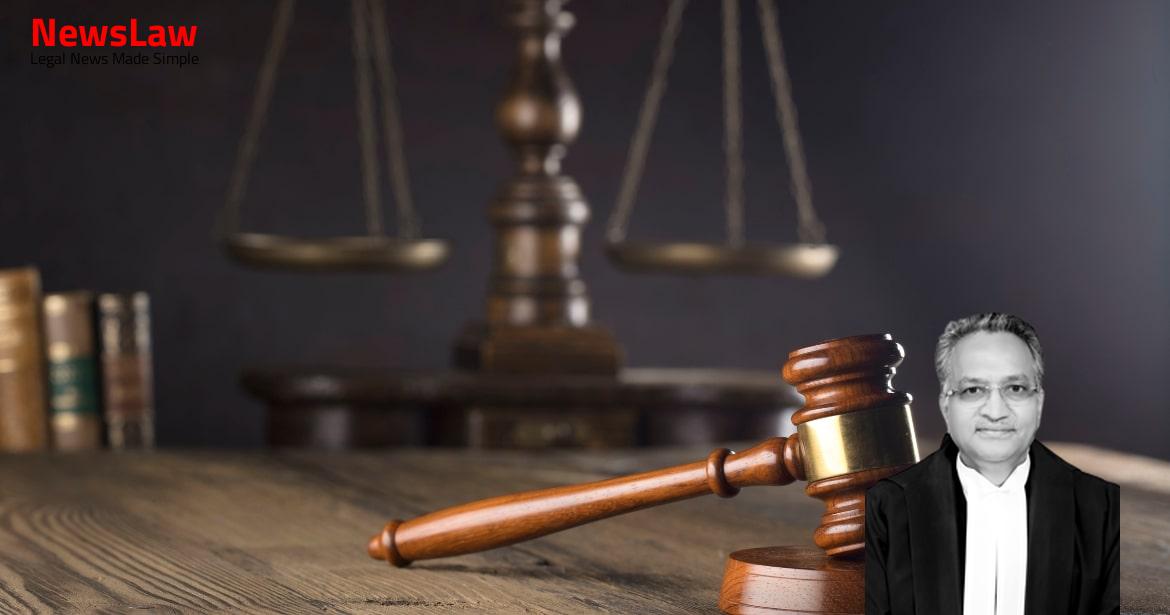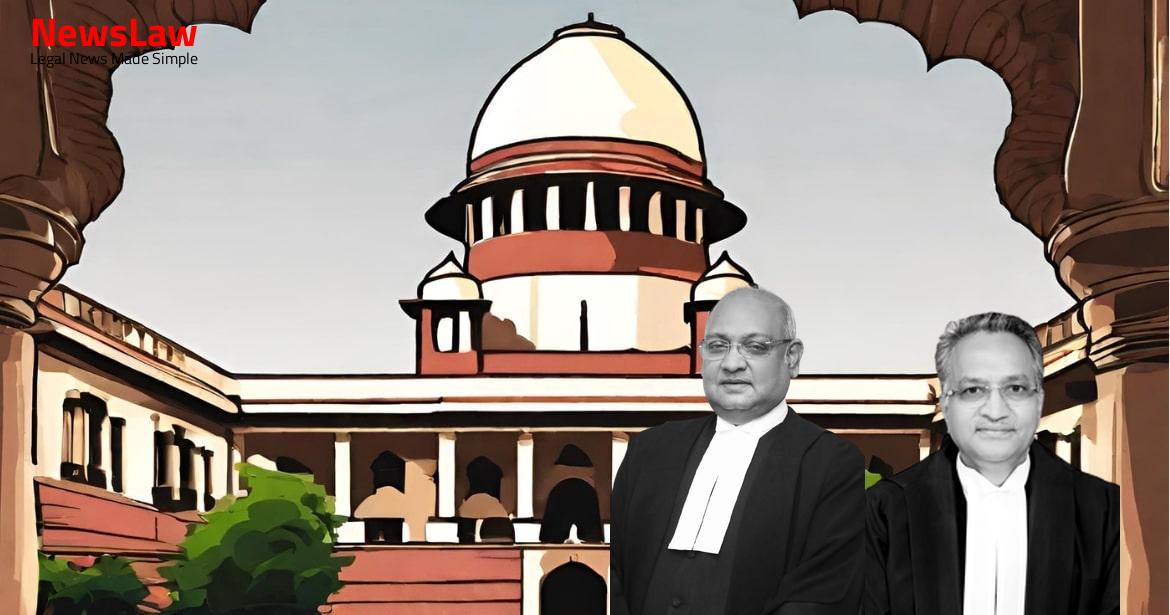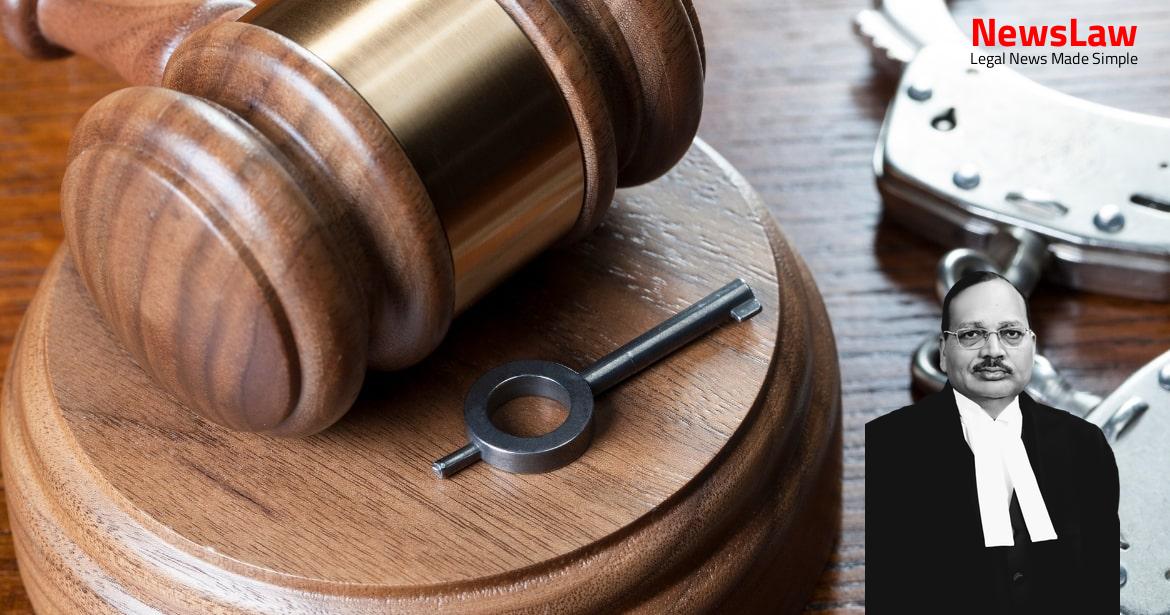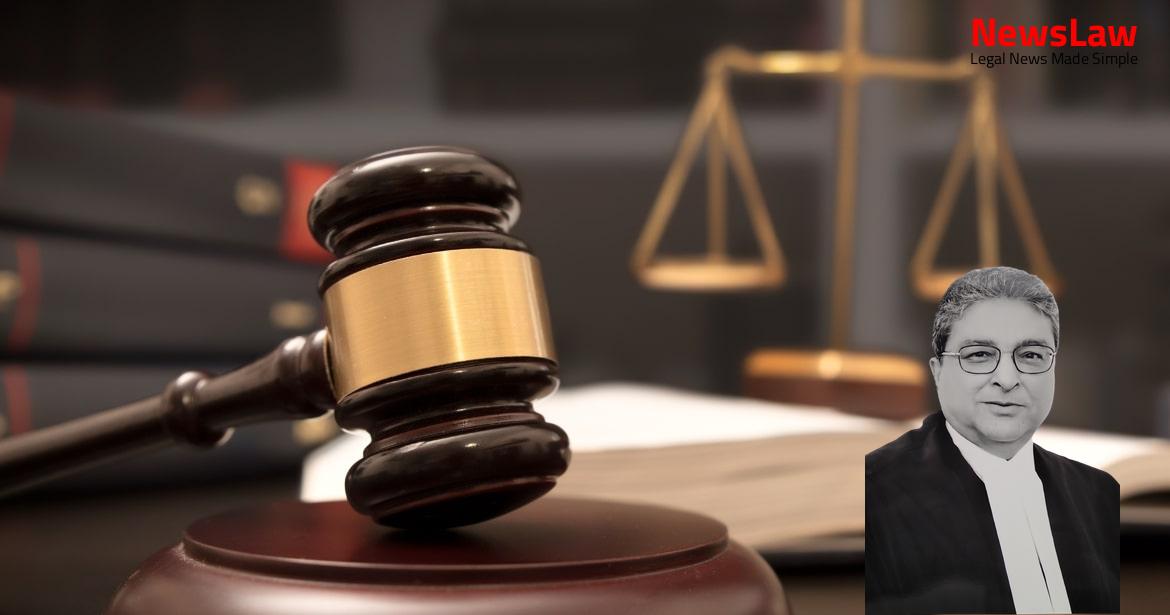Explore the intricate legal analysis conducted by the court in a recent directive concerning local body elections and the State Election Commission. The focus lies on upholding the constitutional mandate for uninterrupted governance by elected representatives in local self-government bodies. Discover the importance of timely implementation and compliance for ensuring democratic processes at the grassroots level.
Arguments
- The respondent argued that the provisions in question were necessary for maintaining the democratic process and ensuring smooth functioning of municipalities and panchayats.
- It was contended that the State Election Commission’s powers were not being usurped, but rather regulated in a manner that was conducive to the proper functioning of local bodies.
- The respondent highlighted the importance of the provisions in ensuring fair and free elections at the grassroots level.
Also Read: Analysis of Compensation Method in Land Acquisition Case
Analysis
- The State Election Commission is directed to issue the election program for local bodies without delay based on ward delimitation.
- There are over 23,263 local bodies in Madhya Pradesh without elected representatives for over two years, leading to a breakdown in the rule of law.
- The State Government must support the State Election Commission logistically for conducting elections in the specified local bodies.
- The First Report by the Backward Classes Commission in Madhya Pradesh sets the initial step for fulfilling the triple test obligation as per the court decision.
- Delimitation or triple test compliance should not delay the issuance of election programs by the State Election Commission.
- The State Government, State Election Commission, and State Legislature must ensure timely installation of newly elected bodies in local bodies before the expiry of the outgoing body’s term.
- Completion of delimitation or triple test can wait if not done before the expiry of the outgoing body’s term.
- Provisioning reservation for Other Backward Classes must wait until the triple test formality is completed by the State Government.
- Political parties are free to nominate OBC candidates even against General seats until the triple test is completed.
- The constitutional mandate of uninterrupted governance by elected representatives in local self-government must be upheld.
- The Election Commission should explore the feasibility of implementing a system of proportional representation for future elections.
- Detailed study and analysis should be conducted to determine the appropriate method of proportional representation suitable for India.
- The feasibility and implications of adopting proportional representation should be carefully assessed before implementing it in future elections.
- Elections cannot be delayed due to constitutional mandate
- Some writ petitions pending with interim orders from the High Court may hinder the State Election Commission from notifying the election program
- State Election Commission must abide by the directions in this order regardless of any orders from the High Court or Civil Court regarding local self-government elections
Also Read: Legal Analysis in a Landmark Case
Decision
- All steps taken by the State Election Commission and the State Government will be subject to the outcome of the proceedings.
- Any order passed by the High Court or Civil Court in Madhya Pradesh in conflict with the directions of this Court shall be deemed superseded by this order.
- Delimitation must be done by the State Government in accordance with the Amendment Act(s) of 2022 or the triple test requirement for providing reservation to OBC category.
- The State Election Commission must give effect to this order in upcoming local body elections if delimitation is not completed or the triple test requirement is met.
- The order and directions given apply to all States/Union Territories and their respective Election Commissions to uphold the constitutional mandate.
- The matter will be listed for further hearing on 12.07.2022 along with SLP(C) No 19756 of 2021.
- The Madhya Pradesh State Election Commission is instructed to file a compliance report in due course.
Also Read: Legal Challenges under Prevention of Money Laundering Act
Case Title: SURESH MAHAJAN Vs. THE STATE OF MADHYA PRADESH (2022 INSC 552)
Case Number: W.P.(C) No.-000278 / 2022



